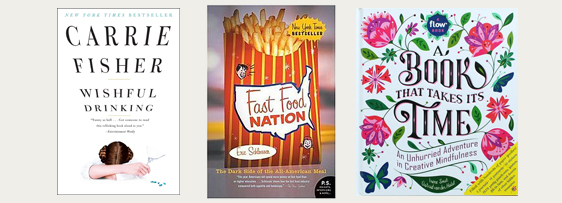When I was in high school, geography and history were two of my favourite subjects. I loved learning about ancient Egyptian culture, Greek mythology, and the social hierarchy of medieval times. It all seemed so rich and epic compared to Canada; despite hosting civilizations for thousands of years, our own history appeared limited and primitive. Not much was recorded. At the time I didn’t realize this was by design. One thing we weren’t taught in school was the dark history of Canada as settlers sought to eradicate and assimilate Indigenous people. I graduated in 1998. This information has been selectively hidden for generations.
It has only been in the past decade that the realities—and ongoing trauma—of what occurred has come to light for me. My employer makes every effort towards building this knowledge and understanding amongst staff. The education and immersion has been immensely valuable as I reflect upon the place I call home. It has also been a starting point for me to actively learn and do more towards reconciliation.
Just this week, the remains of 215 children were discovered in an unmarked grave at a former Residential School in Kamloops, British Columbia. The news is disturbing and a further tangible document of our nation’s shameful past. We should all learn from this.
If you are interested in reading more about Canada’s dark history, and ways you can start your own path to understanding and reconciliation, I recommend the following books as a starting point:
The Inconvenient Indian
Written by Thomas King
This book was the recipient of the 2014 RBC Taylor Prize, which awards outstanding literary works of non-fiction. It is a powerful, personal account of Indigenous and White settler relations, written in an engaging (and sometimes humorous) way that makes very uncomfortable truths more accessible to a mass audience. I feel this work should be required reading for all Canadians.
Favourite line: “Native history in North America as writ has never really been about Native people. It’s been about Whites and their needs and desires. What Native peoples wanted has never been a vital concern, has never been a political or social priority.”
21 Things You May Not Know About the Indian Act
Written by Bob Joseph
The Indian Act is a Canadian Act of Parliament that concerns registered Indians, their bands, and the system of Indian Reserves (basically a manner in which settlers govern over the Indigenous population). It defines how a person can live. It defines how a person can be recognized. This book—an excellent companion piece to reading “An Inconvenient Indian”—reflects on how it shaped and degraded cultures and independent nations that should otherwise be granted autonomy.
Favourite line: “The Indian Act disrespected, ignored, and undermined the role of women in many ways. This dissolution of women’s stature, coupled with the abuses of the residential school system, has been a significant contributor to the vulnerability of Indigenous women.”











